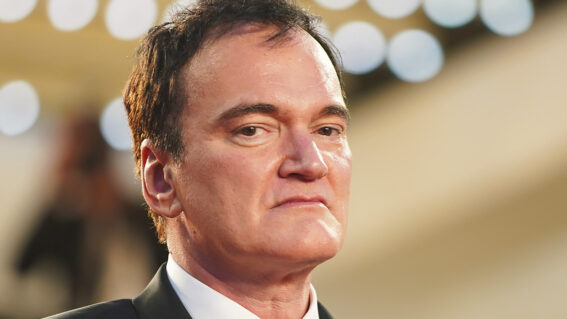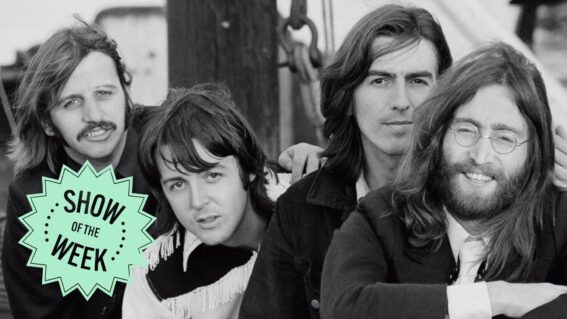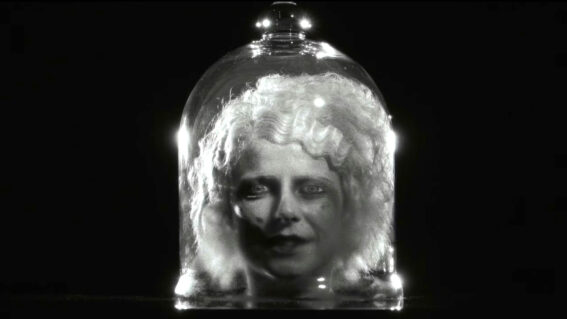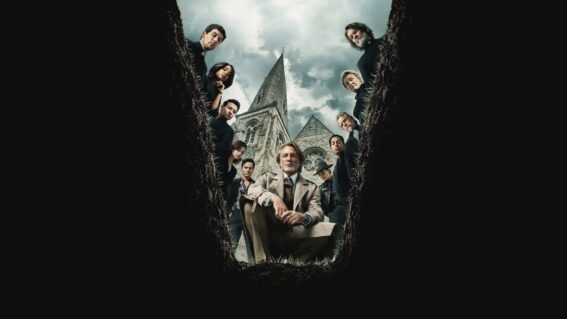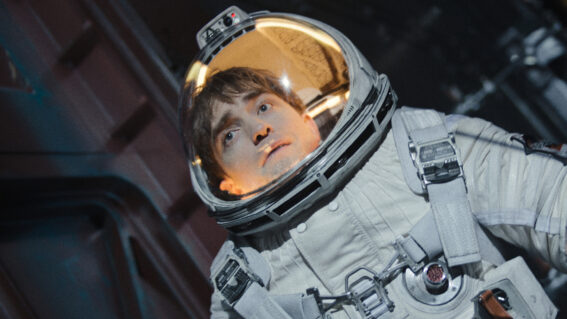New Superman is eager to please but, like James Gunn’s hero, nakedly flawed
In its attempts to dodge Supermanic expectations, Superman reboot says both too much and not enough about its hopeful and optimistic main character.
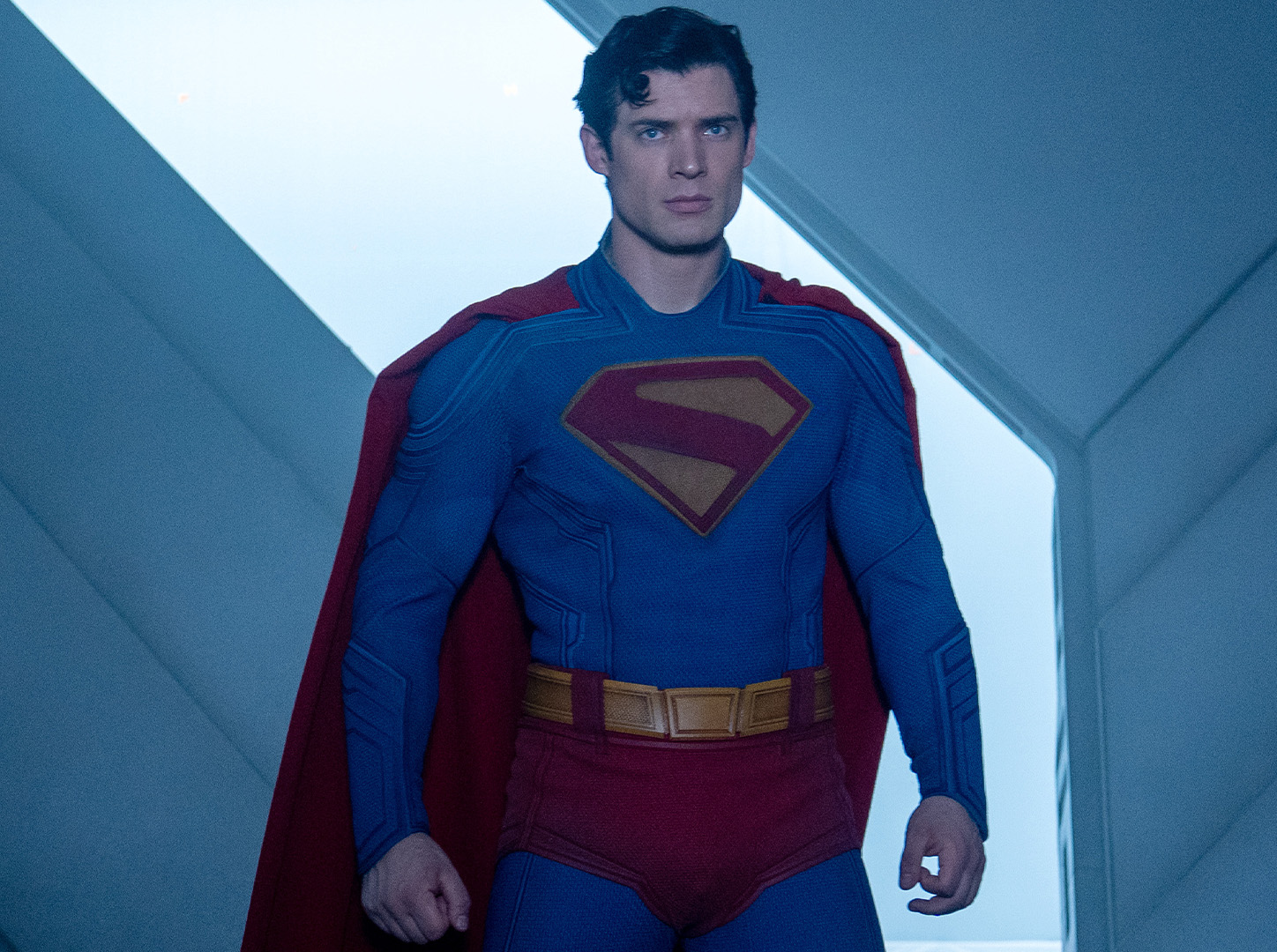
Let’s imagine there have been no other Superman movies. No venerated ‘70s classic, no junky cash-grabbing sequels, no venomous discourse over a divisive and compromised cinematic universe that still looms large in the minds of acolytes and haters. James Gunn’s Superman is a launchpad for the creative overhaul of DC Comics in film, with independent spin-offs and solo projects already shot, written, or announced down the line, but it’s also a statement on what a Superman movie should look like.
Up until Zack Snyder’s controversial and compromised Supes trilogy, the Richard Donner ’70s-shot films were the standard for seeing Superman on the big screen. But instead of freeing the character up to creative possibilities, the classic Hollywood vibes of the Christopher Reeve Superman and the self-serious revisionist world of Henry Cavill’s established a binary for the character: charming and old-fashioned, or dark, realistic, and “Nolanesque”.
Over 70 years, Superman has found a more comfortable dramatic range in smaller-scale television, where he’s been played by George Reeves, Dean Cain, Tom Welling, and most recently Tyler Hoechlin. But that’s not where the most essential and hopeful superhero belongs.
Related reading:
* The Jurassic movies won’t go meta, because it’d expose the real monster
* How to… make an action movie
* Ang Lee’s Hulk is a bad movie, but it could’ve changed cinema
With bright colours, a peppy sense of humour, and action with enough wide angles, whip pans, and extreme close ups to make you say “gee willikers!”, Gunn’s Superman makes the wise choice to focus most on its lead character—what drives him, what bothers him, why should he suddenly emerge as our favourite superhero 87 years after he was first invented?
Instead of aping a style of film, Gunn tries to dig deep into the character and find a compelling story about him finding his footing. He finds some success here: David Corenswet, who is a terrific Man of Steel—vulnerable, frustrated, while also insecure in a way that feels relatably human rather than terrifying like The Boys’ Homelander, himself a dark, cynical riff on Superman.
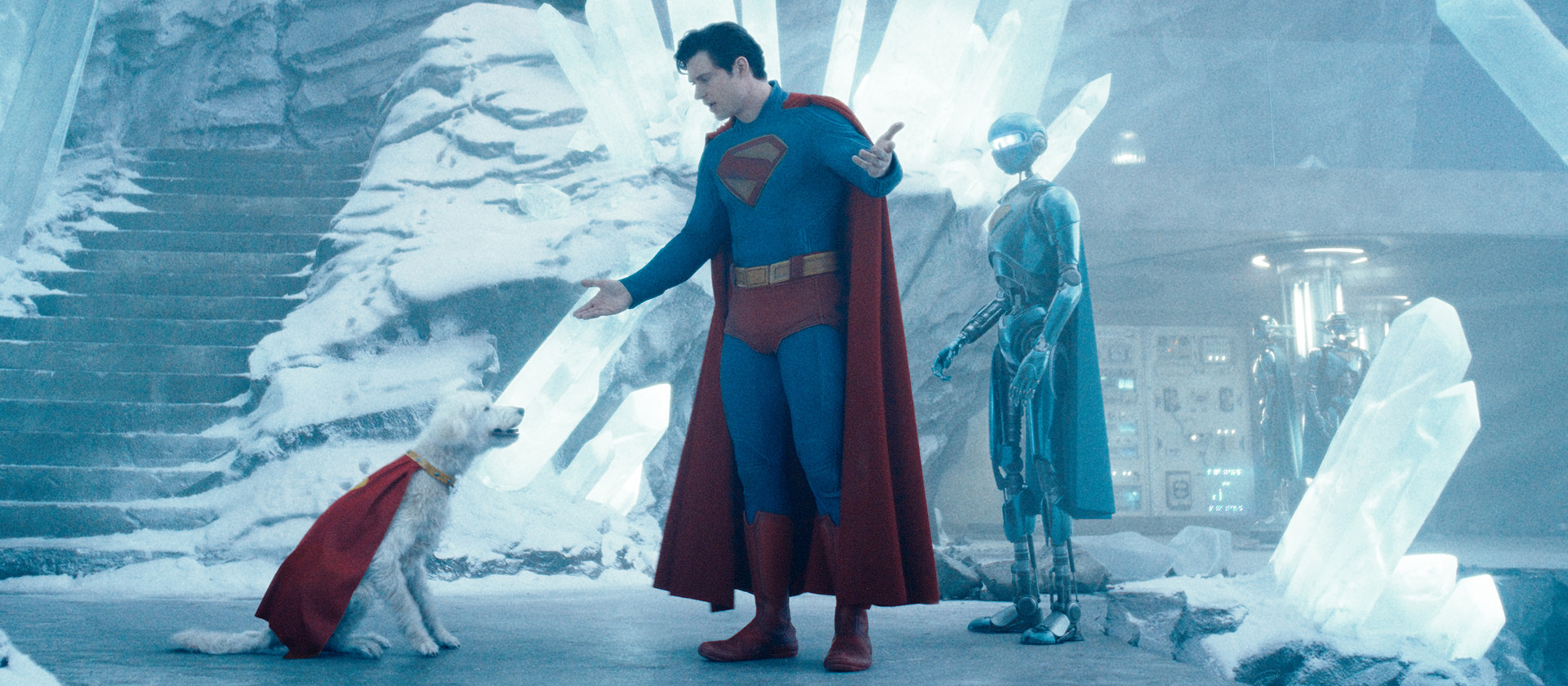
Gunn’s film is direct about its cogent and inoffensive thesis on the character—it is radical to be as hopeful and optimistic as Superman, and comic-book aliens can be rich with indecision and inexperience. But under these frills, the writer, director, and CEO of DC Studios has crafted a shoddy adventure film—probably because he’s stretched so thin across penning a compelling character drama, staging the attractive spectacle, and spearheading his DC Universe brainchild.
Eager to ignore the tired beats of Superman’s origin story (baby alien Kal-el, sent from dying Krypton, crash landed in America, raised by humble Kansas parents as Clark Kent), Superman begins as in media res as possible, dropping us at a point where several conflicts, relationships, and personal arcs are already underway.
This is refreshing and, initially, exciting—the first scene we see is Superman crash-landing on the doorstep of his Fortress of Solitude, having been knocked into submission by a supervillain for the first time. But in trying to be the ultimate movie about Superman, the film stumbles. Scenes between Lois Lane (Rachel Brosnahan, underutilised) and Clark grow shorter and shorter, and Ma and Pa Kent (Neva Howell and Pruitt Taylor Vince) are sidelined to a single load-bearing scene at the end of the second act.
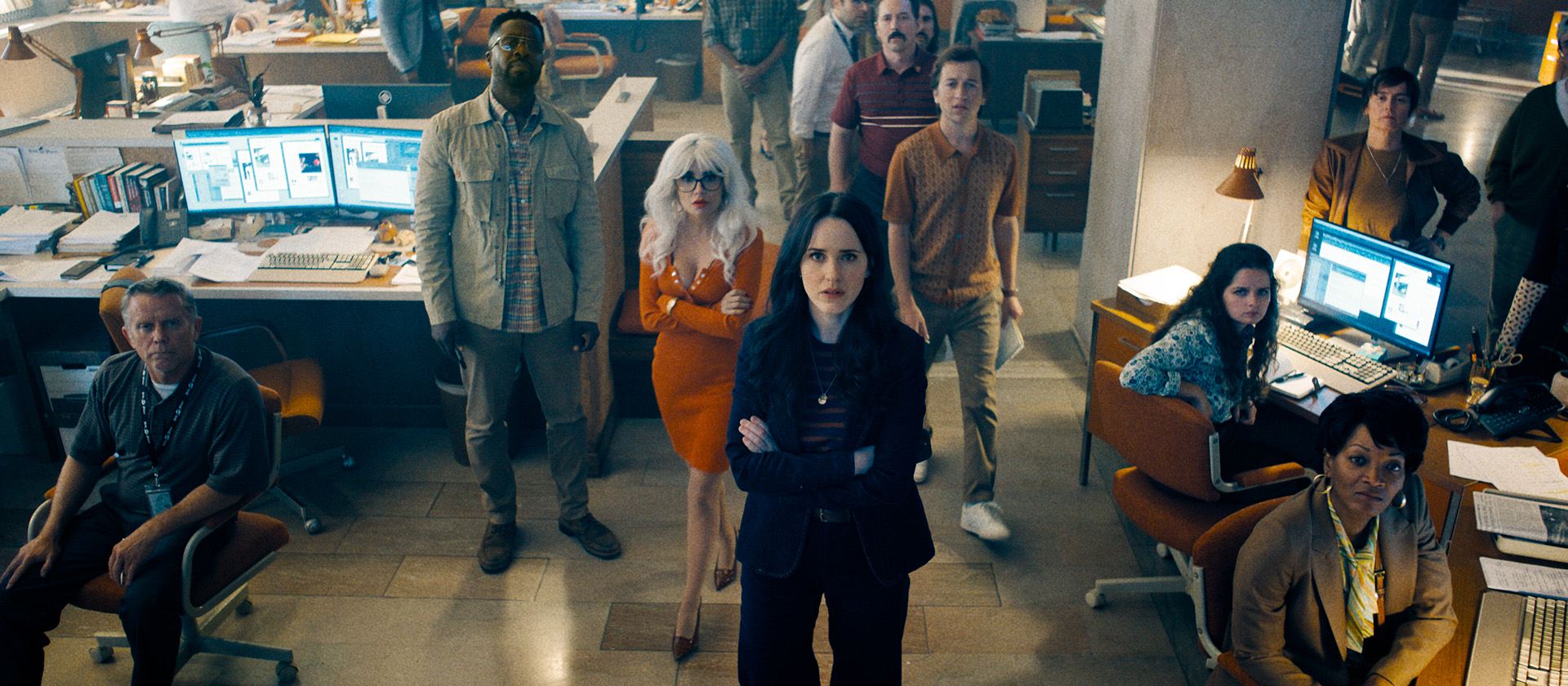
The formula for origin stories has definitely been exhausted, but it’s also capable of creating meaningful drama: we watch characters discover their own abilities, each other’s secrets, and their own worst enemies in real time. Gunn’s eagerness to supplant the conventions of origin stories overshadows his ability to build something in its place.
Instead of genre convention, we are offered tons of plot—an illegitimate invasion into a poor, unstable country by a neighbouring despotic leader (funded by Lex Luthor, played sharply by Nicholas Hoult), a shocking subversion on the noble, peaceful recorded message that Superman’s father Jor-el sent with him in his escape pod, a corporate-funded prototype of the Justice League (Green Lantern! Hawk Girl! Mr. Terrific!) who roll their eyes at Superman’s personal and moral foibles.
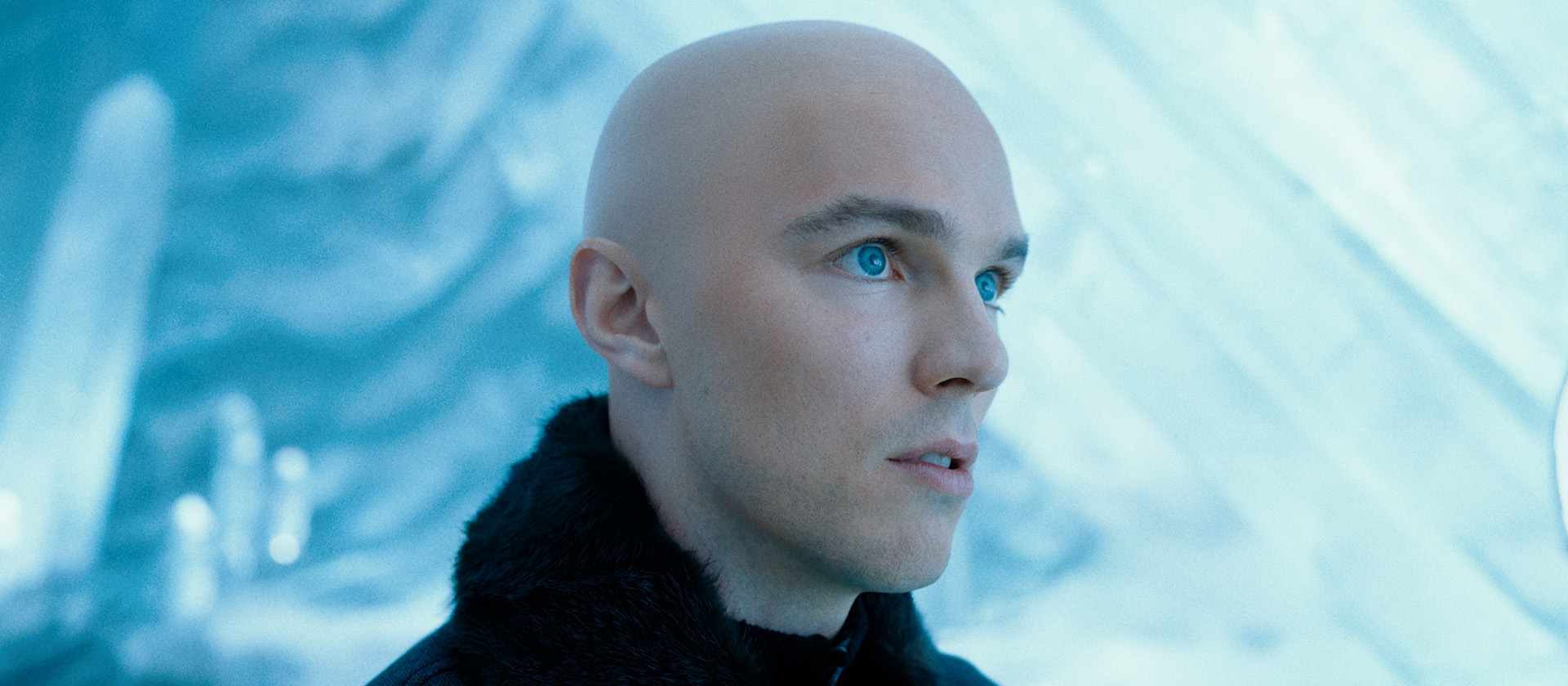
Among all this, Superman saves people from being crushed, stomped on, or burned alive, evoking the fun and affecting earnestness of Sam Raimi’s Spider-Man movies, where New Yorkers memorably rallied to save Spider-Man in distress. But Gunn’s story is too cramped and rushed to give his civilian characters an authentic voice, which makes them mere props for his overt thematic goals rather than audience stand-ins or relatable bystanders. There may be normal people in Superman, but there are no real people.
There are one-take action scenes packed with weightless and unattractive digital elements, there is cosmic carnage that is aesthetically indebted to Ready Player One and Pixels, there are brawls with genetically-engineered Luthor puppets who only feel purposeful whenever Gunn cuts back to LexCorp headquarters and we see the bald, pathologically insecure villain barking chessmove-like attack commands to his tech team. The execution just doesn’t feel up to par—super-powered punch-ups ought to be designed by sterling action pros if they’re to excite us two decades into the comic book movie boom.
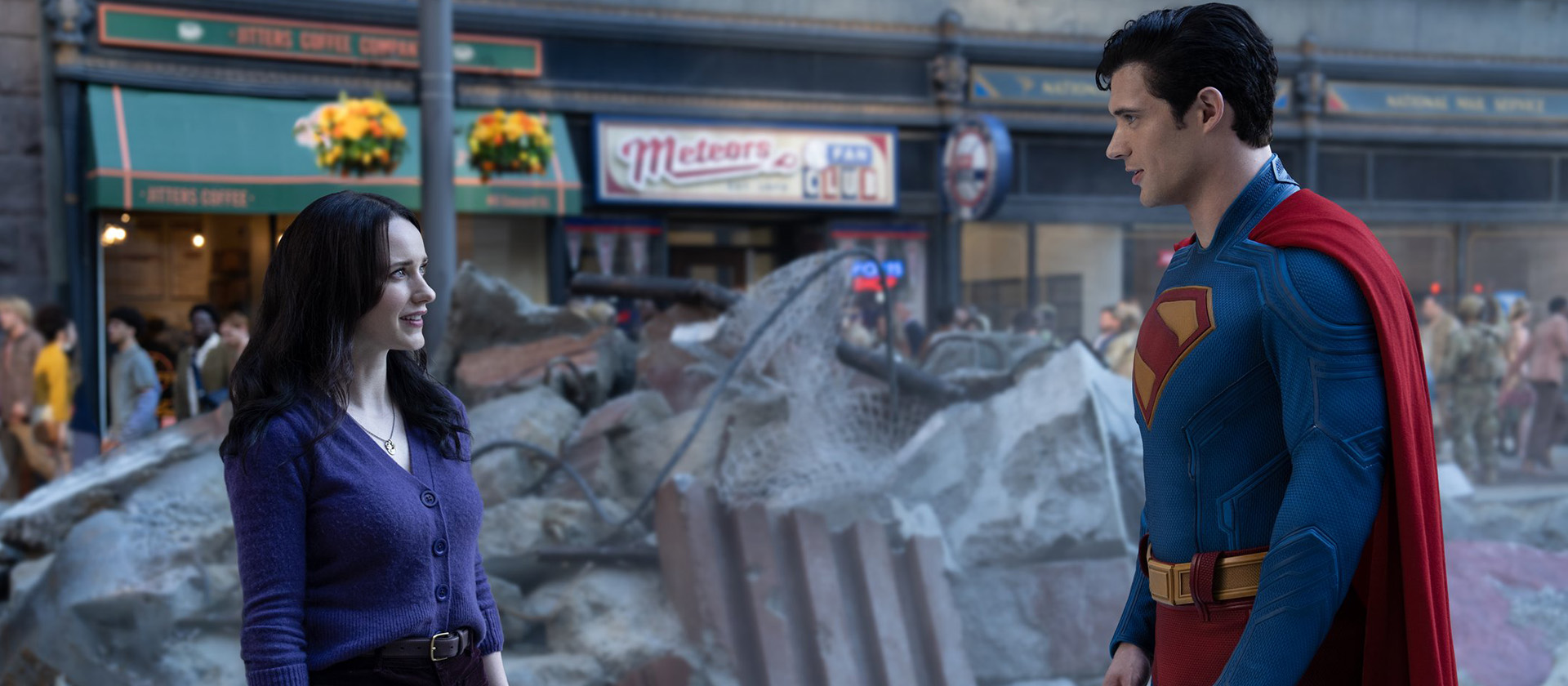
Yes, Superman has something on its mind: like Clark’s emerging philosophy of not doubting his joint humanity and humanitarianism, like his rocky relationship with the principled, professional, and a touch cynical Lois, like Kal-el’s fraught, shared lineage with aliens who think Earth is beneath them. Gunn puts a lot on the table for his Superman reboot, but it is not a film of thrilling, tactile spectacle, rather ingredients animated by suggestion.
In its attempts to dodge Supermanic expectations, Superman says too much and not enough about its character and the heightened world he finds himself in, and we’re left with a film that’s eager to please but, like Gunn’s version of the hero, nakedly flawed. In Superman, the assertive, anticipatory “You’ll believe a man can fly” feels more rocky and insisting. “Trust us, he’s definitely flying. Surely you’re feeling it already?”









